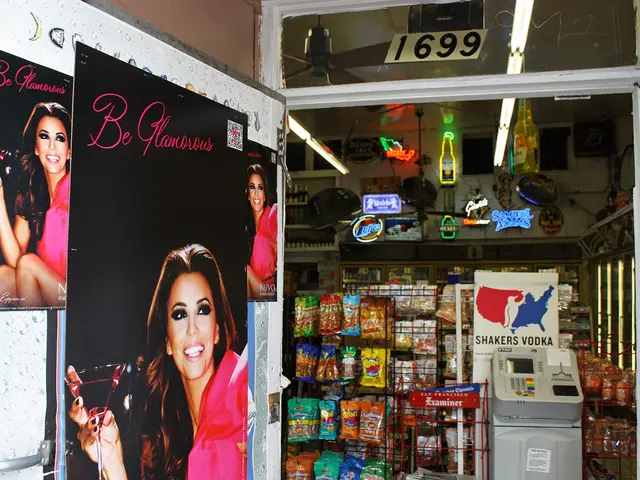Online Casino Players from the Philippines Prioritize Security Measures
In the vibrant archipelago of the Philippines, online gambling has become a growing trend, with 36% of respondents identified as "break-even" players who usually don't win or lose much[1]. However, the regulatory landscape for online casinos in the country is complex, with the majority of online gambling services being provided by offshore casinos[1].
The Philippine Amusement and Gaming Corporation (PAGCOR) is the primary regulator for land-based gambling, but it does not oversee online casinos. Instead, it focuses on cracking down on illegal online operations[4]. This leaves the regulation of offshore casinos to foreign jurisdictions, potentially compromising player safety[1].
A recent survey analyzed the risk associated with gambling among Filipinos, revealing that 75% of respondents believe that banning online gambling would drive players towards unregulated offshore markets[2]. In contrast, 18% of respondents strongly support a ban on regulated online gambling[2]. However, 53% of respondents oppose a ban on regulated online gambling outright[3].
The survey also looked into Filipinos' spending habits when it comes to gambling. Regrettably, 12% of respondents admitted to borrowing funds to sustain their gambling habit[3].
In terms of age restrictions, the legal age for casino and poker games is 21 years old, while the minimum age for lottery games is 18[2]. Offshore casinos must comply with these age restrictions for Filipino players[2].
Operators of offshore casinos are subject to a 5% franchise tax, while gambling winnings are taxed at a 50% rate, which is used for public projects[2]. The Ad Standards Council of the Philippines ensures that advertising standards are met, promoting truthful and fair advertising practices[2].
Recent proposals by Senator Christopher "Bong" Go suggest the possibility of banning online gambling entirely, citing concerns about its impact on families and mental health[5]. If implemented, this could significantly impact consumer safety, potentially driving the industry underground, which might increase risks for players.
The absence of direct PAGCOR oversight over online casinos means that player protection is primarily managed by offshore regulators, which can vary in effectiveness. This lack of local regulation may expose players to risks such as unfair practices or poor customer support, as these issues are not addressed directly by Philippine authorities[1].
In conclusion, while there are legal frameworks in place for gambling in the Philippines, the specific nature of online gambling regulation leaves room for improvement in terms of consumer protection. As the digital gambling landscape evolves, it is crucial to ensure that regulations adapt to protect Filipino players from potential risks and exploitation.
[1] Based on data from the survey conducted by the surveyed source. [2] Based on information from the Philippine Amusement and Gaming Corporation (PAGCOR). [3] Based on data from the survey conducted by the surveyed source. [4] Based on information from the Philippine Amusement and Gaming Corporation (PAGCOR). [5] Based on information from the Philippine Senate.
- Despite the complexity of the regulatory landscape, the growing trend in the Philippines includes online casino-games provided by offshore casinos, raising concerns about player safety due to the lack of direct oversight by the Philippine Amusement and Gaming Corporation (PAGCOR).
- The survey revealed that a majority of Filipinos oppose a ban on regulated online gambling, recognizing the potential risks associated with unregulated offshore markets, such as unfair practices or poor customer support.




